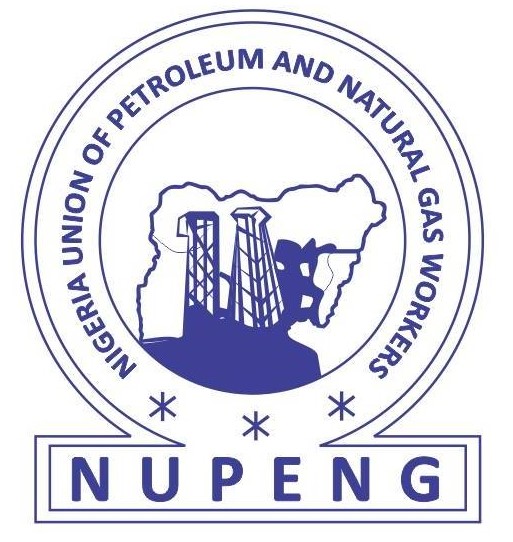The standoff between oil workers and Africa’s richest man, Aliko Dangote, has taken a new turn as the Nigeria Union of Petroleum and Natural Gas Workers said it would go ahead with its strike today despite Federal Government intervention.
NUPENG, in a statement on Sunday, confirmed that the government had reached out to the union to stop the action. But its President, Williams Akporeha, maintained that loading of petroleum products across the country would be halted until the issues threatening members’ jobs were resolved.
“The strike begins Monday as planned. We are meeting with the government, but until we see real action, the industrial action stands,” Akporeha said.
The crisis stems from the Dangote Refinery’s plan to import 4,000 Compressed Natural Gas trucks for direct fuel distribution to retailers. NUPENG accused the refinery of sidelining its Petroleum Tanker Drivers branch by recruiting new drivers who, according to the union, have been barred from joining any oil and gas union.
In a joint statement signed by Akporeha and General Secretary, Afolabi Olawale, the union described the move as “an affront to freedom of association under the 1999 Constitution and international labour conventions.”
NUPENG said several meetings with Dangote and the Nigerian Association of Road Transport Owners failed, while it accused MRS oil firm, owned by Sayyu Dantata, Dangote’s cousin, of forcing new recruits to sign undertakings not to belong to any union.
On Sunday, the Minister of Labour and Employment, Muhammad Dingyadi, announced that he had summoned Dangote and NUPENG to an emergency meeting in Abuja.
“I have invited all the parties for a conciliation meeting tomorrow, Monday, September 8, 2025. Since I have intervened, I plead with NUPENG to rescind their decision to shut down the petroleum sector from tomorrow. I also appeal to the NLC to withdraw the red alert it issued,” Dingyadi said in a statement signed by the ministry’s spokesperson, Patience Onuobia.
The minister warned that shutting down the sector would bring heavy economic and social consequences. “A strike in the petroleum sector, even for just a day, will have an adverse impact. It will not only lead to revenue losses running into billions of naira but also cause untold hardship for Nigerians,” he cautioned.
He assured that the government would ensure “an amicable resolution to the satisfaction of all the parties involved.”
Despite the talks, the threat of fuel scarcity looms across the country as Nigerians brace for the outcome of today’s meeting.











